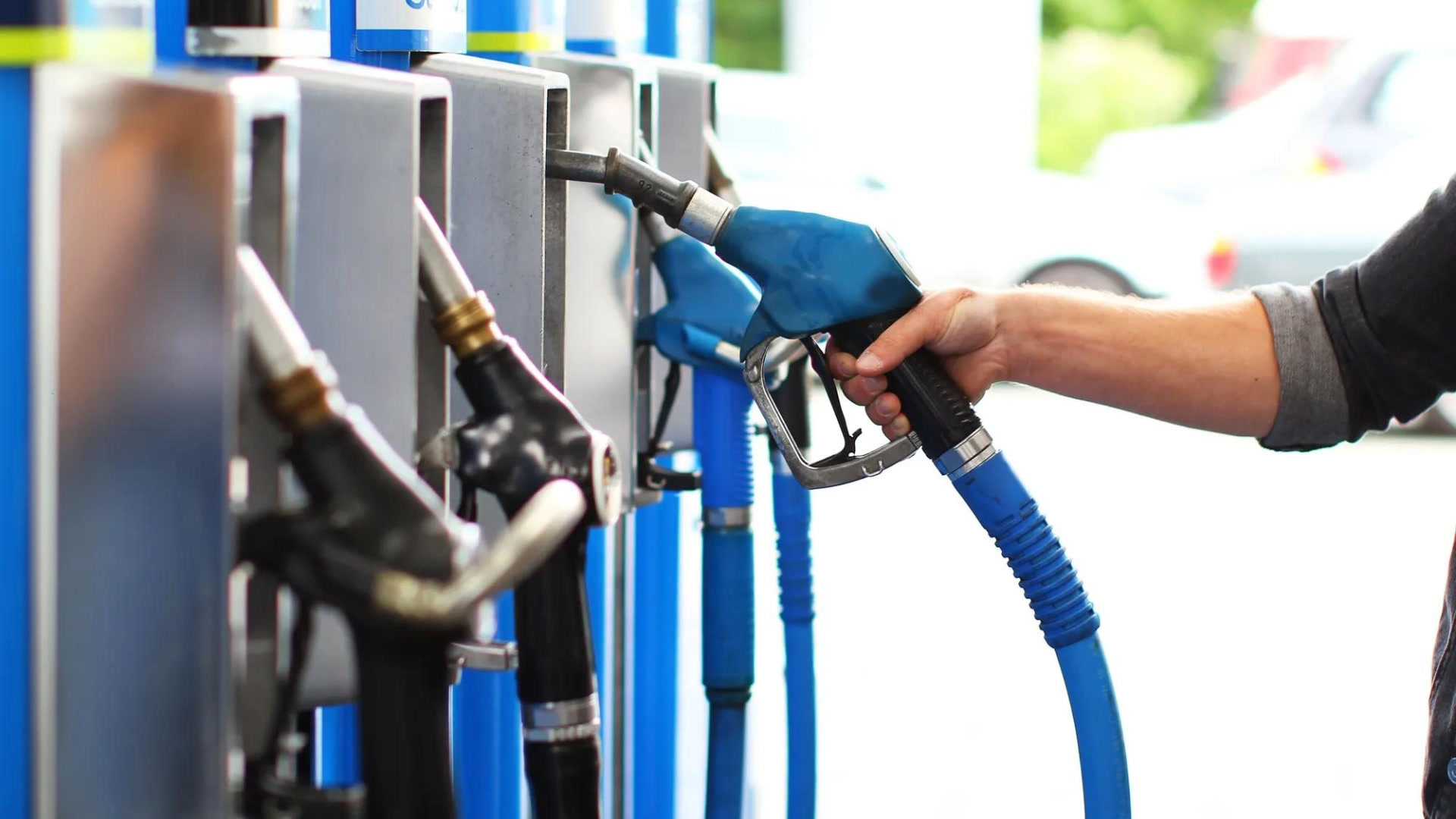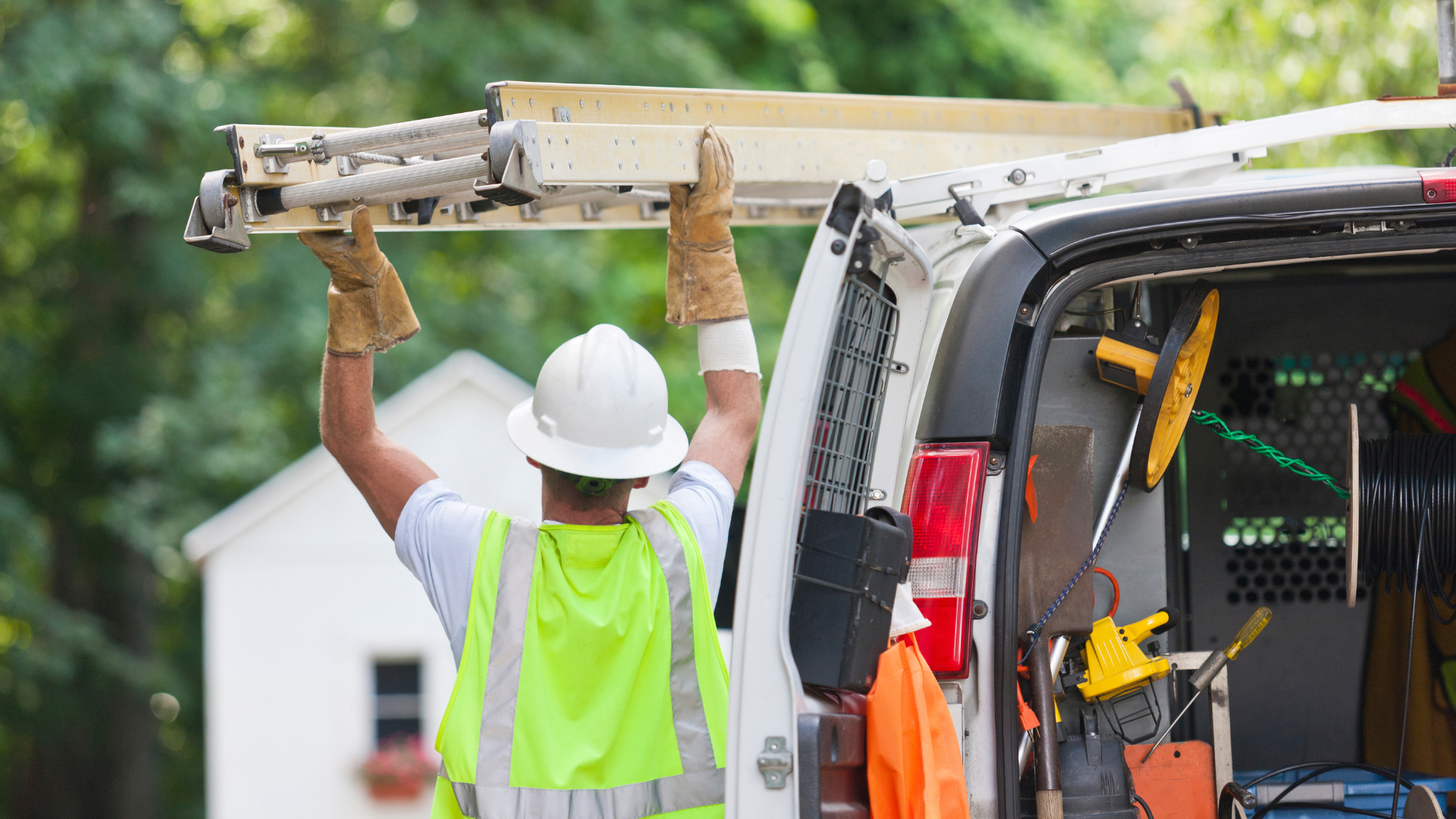Practical strategies for bus fleets to cut fuel costs and carbon emissions

Nov 3, 2025

Across Europe, bus operators face the dual challenge of cutting operating costs and meeting ambitious carbon reduction targets to keep them on the path to net zero by 2050. While transitioning to alternative energy sources is a long-term solution, there are numerous opportunities to cut fuel consumption and emissions today. For internal combustion engine (ICE) buses still in service, every gain in fuel economy delivers both cost savings and a direct reduction in carbon emissions.
This article looks at the practical steps that fleet management teams can take to improve the fuel efficiency of their buses, reduce emissions, and make progress towards their sustainability goals.
Tackle unavoidable idling
Buses can idle for up to 30-40% of total route time, typically at bus stops, terminus stations, and in traffic. This consumes fuel without providing any benefit, while releasing air pollutants such as particulate matter (PM) and nitrogen oxides (NOx), as well as the greenhouse gas CO₂.
Driver training and engagement are essential to reducing idling emissions. The greatest savings come from drivers switching off engines when the bus comes to a halt. Modern engines are designed to withstand frequent restarts, and there is no evidence that shutting them down damages reliability.
Research shows that fleets could cut up to 17% of total idling emissions (about 4% of total route emissions) by implementing an engine switch-off policy after 10 seconds at bus stops. At termini, switch-off policies could save an average of 2% of total route PM and 6% of total route NOx over a 40-minute route.
Success story - DB Regio reduces idling to cut emissionsGeotab Telematics solutions enable DB Regio Bus to identify potential savings and improve efficiency to secure the company's clear competitive advantage.
In one year, the company reduced unnecessary idling times by approximately 40%, which corresponded to a reduction in the environmental impact of approximately 1,400 tonnes of CO2. |
Monitor driver performance
Beyond idling, how drivers handle vehicles has a significant impact on both fuel consumption and emissions. Monitoring behaviours such as excessive speeding, harsh acceleration, braking, and cornering provides valuable insights into efficiency differences between drivers of the same bus model on similar routes.
Fuel efficiency data alone highlights the problem; behavioural metrics explain the why. This empowers managers to coach drivers more effectively.
When incorporated into continuous improvement programmes, eco-driver monitoring not only improves fuel economy and lowers emissions but also enhances safety, passenger comfort, and overall driver professionalism.
With Geotab, managers can use the Driver Safety Scorecard to monitor these metrics and share results with drivers. In-cab training can be delivered with audible alerts from the Geotab GO9 telematics device, or via AI-powered dash camera insights and integrated gamification and engagement solutions such as Geotab Vitality, Brightmile and Fairfleet’s Eco App.
Success story - DB Regio case studyThe introduction of Geotab's telematics solution has been a central element in developing and implementing data-driven sustainability targets at DB Regio Bus.
"Our aim is to reduce our CO2 emissions by up to 15,000 tonnes annually by using the Fairfleet Eco-App. This takes the pressure off around 1,200,000 trees per year, and it doesn't end there — drivers experience less stress, the environment benefits from lower CO2 emissions, passengers enjoy greater comfort, and the company noticeably reduces its costs".
– Peter Hecker, Senior Telematics Specialist at DB Regio Bus |
Implement predictive maintenance
Well-maintained buses deliver greater uptime and reliability. Predictive maintenance, powered by real-time diagnostics, ensures vehicles stay roadworthy, fuel-efficient, and capable of meeting their expected service life. With live diagnostic trouble code (DTC) reporting, maintenance schedules can be based on actual usage, while early warnings allow faults to be resolved before they escalate, reducing avoidable engine damage, prolonging component health, and limiting unnecessary emissions.
Delivering long-term efficiency and sustainability
Fuel efficiency initiatives are a powerful mechanism for passenger transport fleets to reduce operating costs and cut emissions, without waiting for full electrification. By focusing on idling reduction, driver performance, and predictive maintenance, bus operators can achieve immediate savings while laying the groundwork for future decarbonisation.
With the right tools and insights, fleet managers can improve efficiency today, helping to deliver safer, cleaner, and more reliable passenger journeys.
Want to improve your bus fleet’s fuel efficiency and carbon emissions? Check out our demo or speak to our expert team today.
Subscribe to the Geotab Blog

Senior Marketing Specialist, SWE at Geotab
Table of contents
Subscribe to the Geotab Blog
Related posts




How integrated data can help fleets scale up their EVs
November 5, 2025
2 minute read


How to reduce the carbon footprint of your current vehicles
November 5, 2025
2 minute read